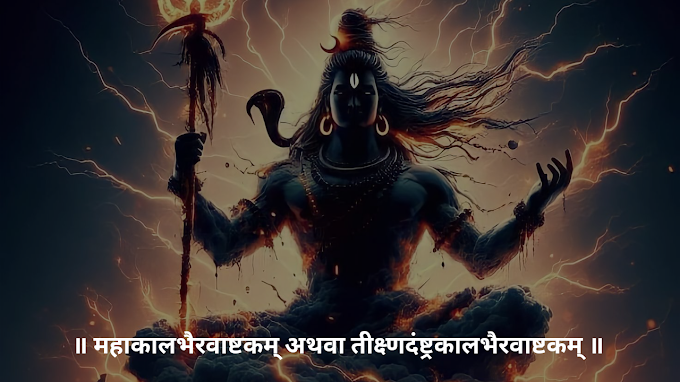Political theory is the study of political ideas and values like justice, power and democracy that we use to describe, understand and assess political practices and institutions. Undergraduate education in political theory at Vanderbilt approaches this study in two ways: by introducing students to the historical tradition of political theory and by educating students in the debates of contemporary political theory. Many of our courses combine both perspectives so that students can, for example, learn about important concepts like justice or democracy as we have understood them historically and as we view them today. Faculty in our department work in both areas, and we strongly encourage our students to use political theory’s critical study of concepts and norms to reflect on political theory and practice as we find them in the world.
In keeping with requirements for the political science major (link) or minor (link), students may choose to focus in political theory as a specialty, but we also welcome students from other departments to take as many of our courses as they wish. Students who are interested in beginning a course of study in political theory should take PSCI 103: Justice, a class that introduces students to a major theme in historical and contemporary thought and to the ways of approaching political problems using theory. From there, students can select from a range of 200-level courses and we encourage students to take both lecture classes and small seminars.
We offer a course sequence in the history of political thought, PSCI 202 and 203, meant to introduce students to political theory as a long tradition beginning with the ancients and continuing into the 20th century. Our particular teaching strengths in contemporary thought include human rights, political economy, feminist theory, and religion and politics. We recommend students pursue both fields of study, to gain a rich understanding of the depth and range of debates and questions that animate political theory and practice.
Students should consult the Vanderbilt course catalog (link) for a complete list of courses, recognizing that some 200-level courses are offered only every other year.
Empirical Theory:
In Simple form, empirical political theory explains 'what is' through observation. In this approach, scholars seek to generate a hypothesis, which is a proposed explanation for some phenomena that can be tested empirically. After formulating a hypothesis, a study will be designed to test the hypothesis.
Elaine focuses her studies and research on empirical political theory. In the simplest terms, empirical political theory is focused on explaining 'what is' through observation. In this approach, scholars seek to generate a hypothesis, which is a proposed explanation for some phenomena that can be tested empirically. After formulating a hypothesis, a study will be designed to test the hypothesis. Let's look at an example.
Elaine is interested in the role of money in modern Senate elections. She develops a hypothesis that candidates who spend more money on their campaigns than their opponents will win. Elaine then goes about designing a study to test her hypothesis by examining election results and campaign finance reporting disclosures. Elaine must be careful to control for other variables that may affect the result, such as incumbency, and focus on states with a relatively equal balance of political party membership. After collecting the data, she will determine through statistical analysis if it tends to support or not support her hypothesis.
- Sol DU online exams from March 15, 4 Important questions
- farmer-protest-live-updates
- CAT2020: Read these important things before going to the exam hall
- Modi government gave big relief, Small Business
- New farm laws and conflict between Govt. & Farmers
- Struggle in Drafting Constitution
- Defamation and IT Act






0 Comments
Please do not enter any spam link in the comment box.